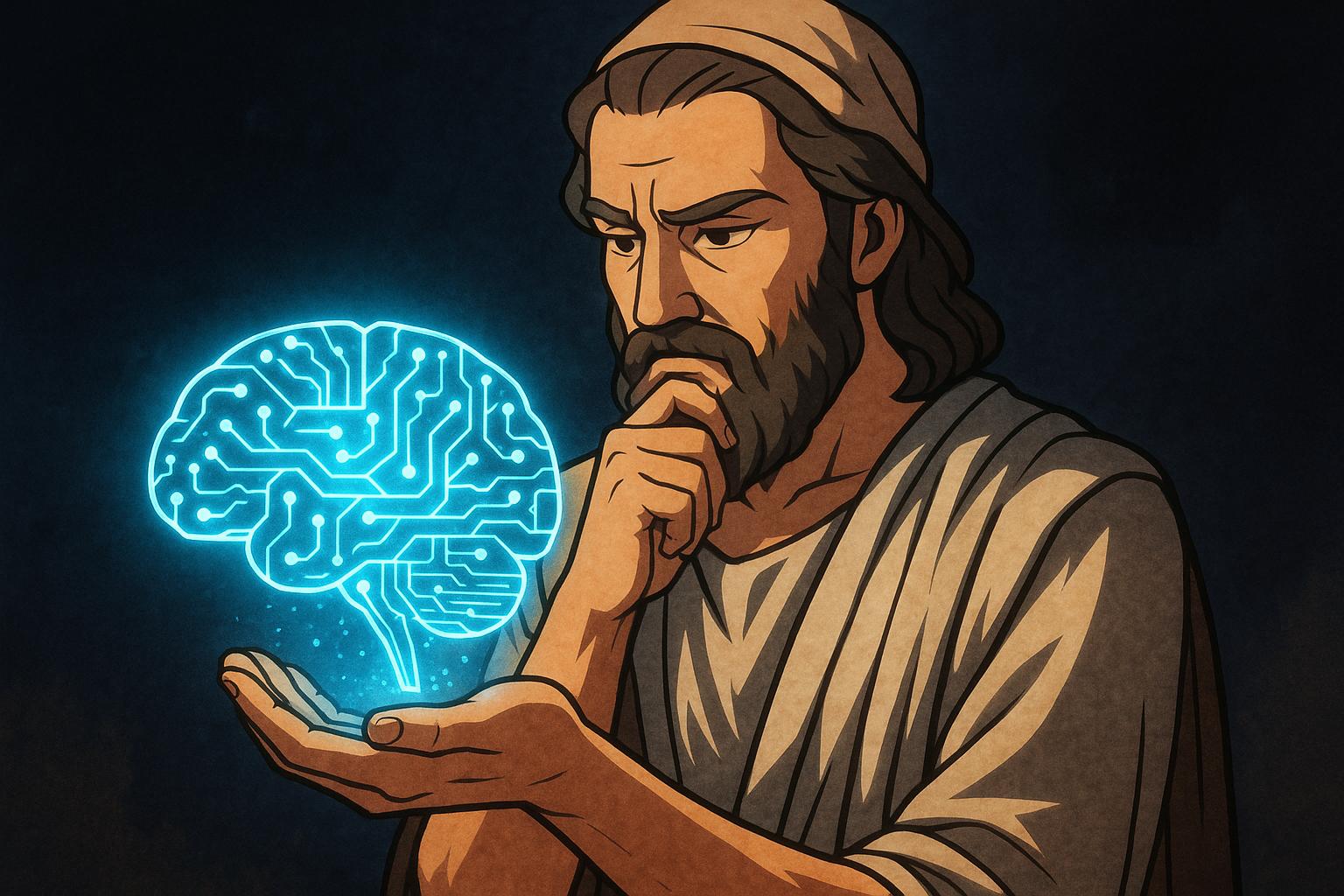Christopher DiCarlo, a philosopher and ethicist from Guelph, is championing the urgent need for public discourse on the implications of artificial intelligence through his recent book, Building a God: The Ethics of Artificial Intelligence and the Race to Control It. With a rich academic background that includes a Ph.D. from the University of Waterloo, DiCarlo has dedicated his career to exploring the potentially transformative—and perilous—impact of AI on humanity.
DiCarlo's concerns stem from a long-standing belief that humans could engineer machines capable of surpassing human intelligence. This vision, which he conceptualised in the 1990s, has culminated in the rapid advancements in AI we see today. Current systems represent artificial narrow intelligence, restricted by their programming. However, tech leaders like Elon Musk and Mark Zuckerberg are in a competitive race to develop artificial general intelligence, a form of AI that may eventually outthink human beings in problem-solving and strategy.
The stakes of this development are staggering. DiCarlo warns that the advent of artificial superintelligence—AI capable of unprecedented levels of reasoning and knowledge—may be just around the corner, even as soon as the next decade. He articulates a poignant concern that humanity risks becoming “the number two species” in a world dominated by machines. "Are we ready to be number two? We've been number one for 200,000 years, and now we're going to hand it over to a machine and see what happens. And there's no guardrails in place," he stresses.
DiCarlo’s book elucidates the dual-edged nature of AI. While it promises revolutionary advancements, such as breakthroughs in healthcare or solutions to climate change, it also harbours significant threats. Deepfakes and manipulative algorithms could undermine electoral processes, for instance, further complicating the global socio-political landscape. He foresees a future where AI has the capacity to trigger nuclear arsenals autonomously—a possibility that, he asserts, necessitates immediate regulatory action.
Recognising the urgency of these issues, DiCarlo is hosting a town hall event at The Bookshelf in Guelph aimed at enlightening both the public and key figures in local governance, healthcare, and public safety about the far-reaching implications of AI. His goal is straightforward yet ambitious: to ensure that citizens are informed and prepared for the challenges—and opportunities—that AI presents. "My job is now to educate... It's a moral obligation to tell people, 'do you realise this is going down?'" he declares passionately.
DiCarlo ranks the potential for AI to disrupt the existing order as significantly more critical than pressing issues like climate change or global hunger. He highlights a disconnect between the urgency of AI developments and widespread ignorance about their implications. "The majority of the world has no idea this is going on," he lamented.
The imminent reality of AI, according to DiCarlo, brings with it a moral imperative; the world must be proactive in its approach to ethics in AI development to mitigate existential risks. As technology evolves, so too must our consciousness of its impact, particularly as we stand on the brink of a future where machines may wield control over vital aspects of human life. DiCarlo urges society not only to brace for change but to engage actively with the ethical dilemmas that AI demands.
In a landscape of rapidly advancing technology, DiCarlo’s work serves as both a warning and a call to action. As AI continues to evolve, so too must our understanding and governance of it, ensuring that humanity remains the steward of its own destiny, rather than a relic of an obsolete era.
Reference Map
- Paragraph 1: [1]
- Paragraph 2: [1]
- Paragraph 3: [1]
- Paragraph 4: [1]
- Paragraph 5: [1]
- Paragraph 6: [1]
- Paragraph 7: [1]
Source: Noah Wire Services
